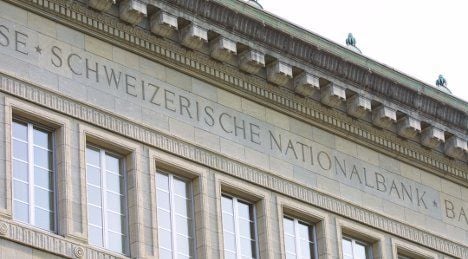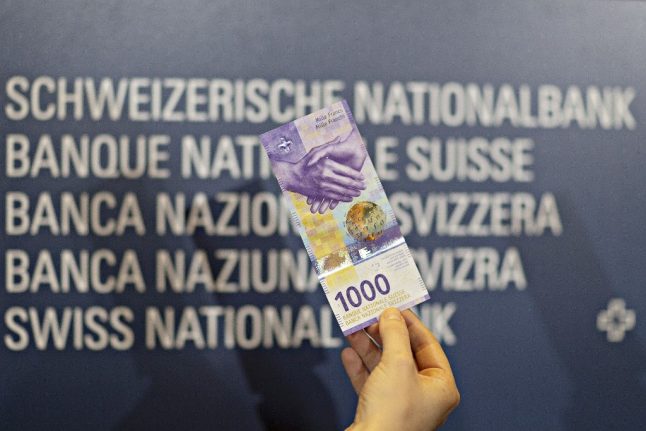“The Swiss National Bank (SNB) and National Bank of Poland (NBP) have concluded a Swiss franc/zloty swap agreement,” the SNB said in a statement.
“In the event of tensions in the Swiss franc interbank market, the facility enables the NBP to provide Swiss franc liquidity to banks in Poland.
“The two central banks do not anticipate that this agreement, which has been concluded as a precautionary measure, will need to be called upon.”
According to the terms of the “swap” agreement, SNB would have to approve any demands for funds by NBP for a maximum duration of one week.
A spokeswoman for SNB said that Polish households had “a relatively high volume” of franc-denominated loans that could require refinancing.
The agreement was the second of its kind between the two countries since 2008 and similar to one drawn up between Hungary and SNB in 2008, the spokeswoman said.
“This (swap agreement) is because there is a relatively high volume of outstanding loans in Poland. There could be a high need to refinance these loans there,” said Silvia Oppliger, SNB spokeswoman.
“But this is a precautionary measure and we don’t think it will have to be activated. If it is needed, it is in place.”
Since September last year the Swiss franc has been capped at 1.20 to the euro by the SNB, but it was at 1.30 to the euro at the beginning of last year and significantly more attractive in 2007 when investors banked on getting 1.64 francs to the euro.



 Please whitelist us to continue reading.
Please whitelist us to continue reading.
Member comments